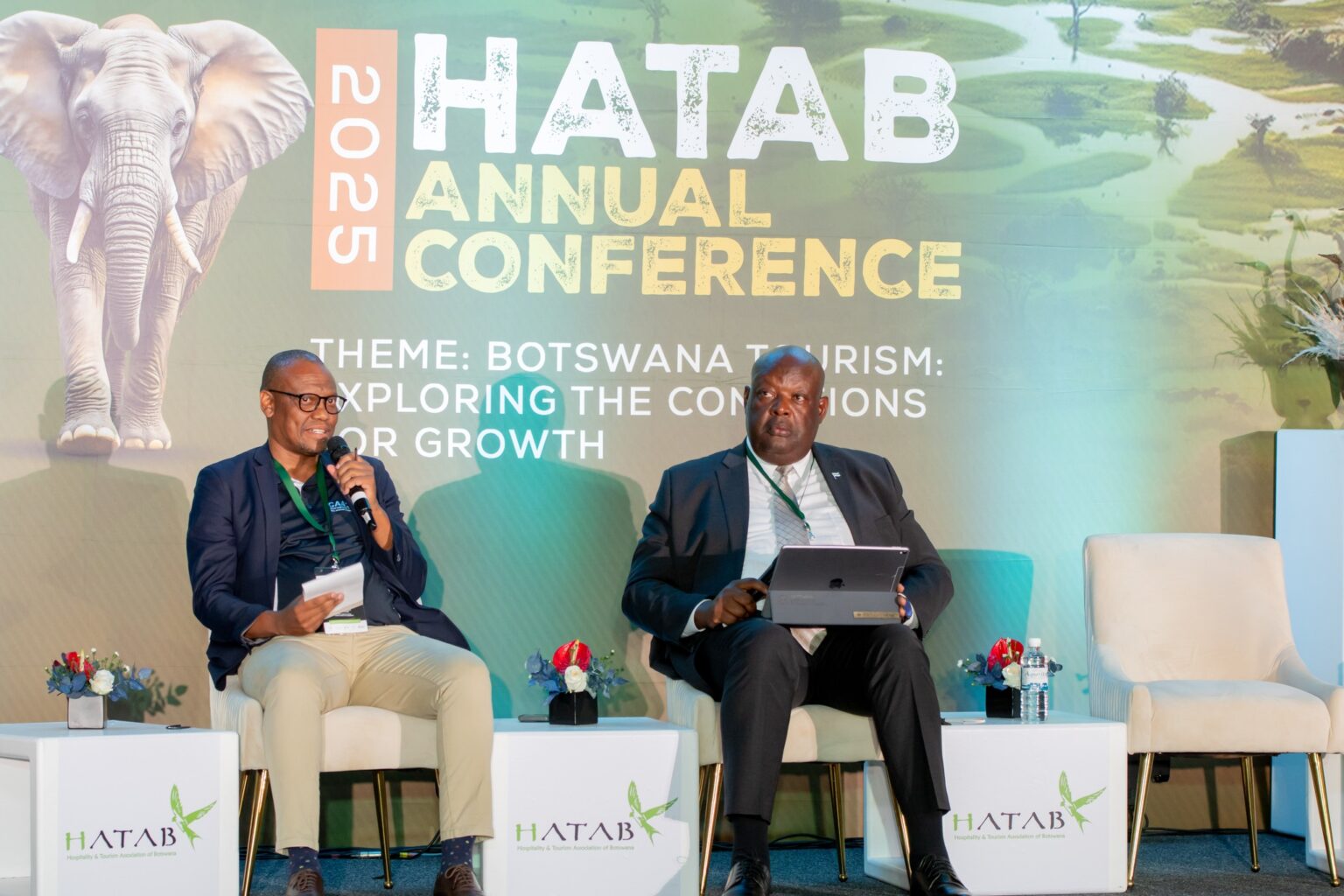The 2025 Hospitality and Tourism Association of Botswana (HATAB) Annual Conference recently ignited a heated debate regarding the local per diem for government employees, a policy introduced last year. While some guesthouse operators view the per diem as a positive step, others argue it has led to unsustainable pricing pressure on hospitality services, leaving the industry divided.
The per diem, which was introduced by the government to regulate the daily allowances provided to public sector employees for travel and accommodation within Botswana, has been met with mixed reactions from the hospitality industry. On one hand, it is seen as a means to ensure that government employees can travel within the country without overspending on accommodation and meals. On the other hand, many in the hospitality sector argue that it has resulted in lower rates that are difficult to sustain in the long term.
Hospitality managers Karabo Reuben and Esther Ntikile were among those who voiced their concerns at the conference. Both raised valid points, representing the industry’s internal struggle between maintaining affordable pricing for government employees and ensuring that hospitality businesses can remain profitable.
Karabo Reuben, a guesthouse operator based in Gaborone, expressed support for the per diem in principle, acknowledging that it has made government business travel more affordable for employees. However, she highlighted that the rates set for accommodation under the per diem policy have put pressure on guesthouse operators to lower their prices, which many feel is not sustainable for smaller establishments.
“We understand the need for government employees to travel within the country without spending excessively, but the per diem rates are driving accommodation prices down to levels that are hard to maintain. Guesthouses and smaller hotels are finding it difficult to balance quality service with the financial viability of their businesses,” Reuben said.
In contrast, Esther Ntikile, a hospitality manager in Francistown, expressed a more critical view of the policy. While she acknowledged the intention behind the per diem was to standardize government allowances, she warned that it could lead to a situation where hospitality providers are forced to compromise on service quality in order to meet the lower per diem rates. This, she argued, could ultimately harm the reputation of the country’s hospitality sector.
“The rates may sound reasonable on paper, but in practice, they create a very tight margin for businesses. To stay competitive, many guesthouses and hotels have had to cut back on amenities or reduce the quality of their offerings, which impacts the overall guest experience. This is not a sustainable way to grow the tourism and hospitality sector in Botswana,” Ntikile explained.
The debate over the local per diem has underscored the broader tension within the hospitality industry between affordability for government workers and the need for businesses to remain profitable. With the tourism sector an important pillar of Botswana’s economy, especially in areas like Gaborone, Maun, and Kasane, the issue is not only about government policy but also about how it impacts the livelihoods of those working in the hospitality industry.
As the discussions at the HATAB Annual Conference unfolded, it became clear that finding a balance between affordability for government employees and the financial sustainability of hospitality businesses is critical. Stakeholders in the industry, including hotel operators, guesthouse owners, and tourism experts, called for a collaborative approach to reassess the policy and explore ways to adjust the per diem rates without compromising the quality of service or the economic health of the hospitality sector.
The ongoing debate is expected to continue throughout the year, as the government and the hospitality industry look for solutions that benefit all parties involved. With the tourism and hospitality sectors playing such a vital role in Botswana’s economy, the resolution of this issue will likely have a significant impact on both public sector employees and private business owners.










